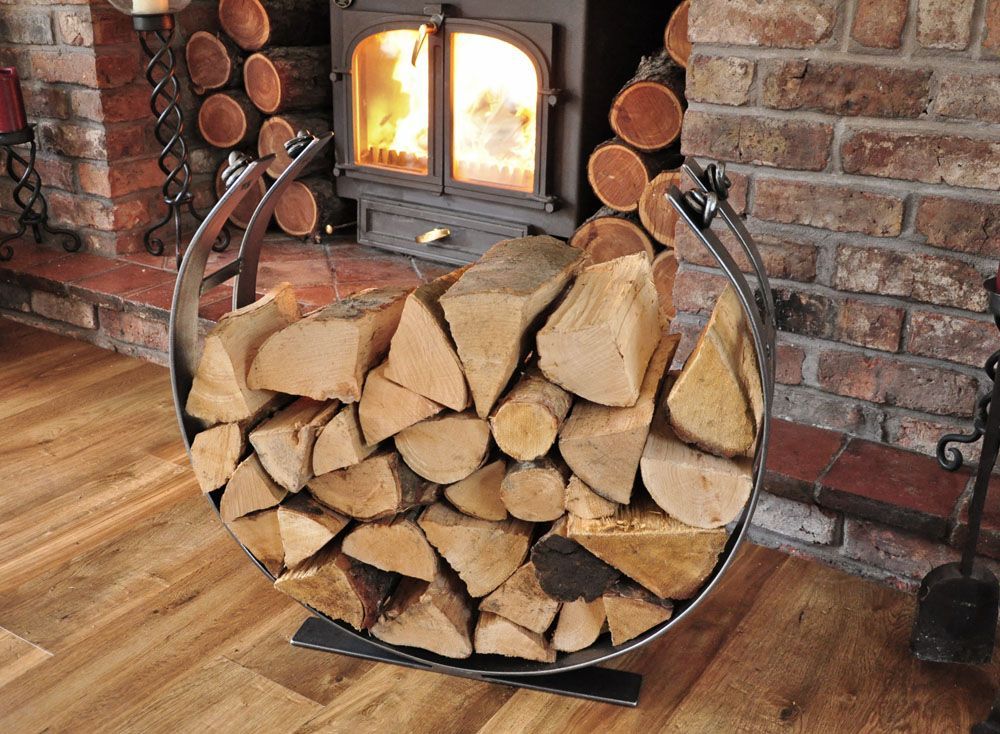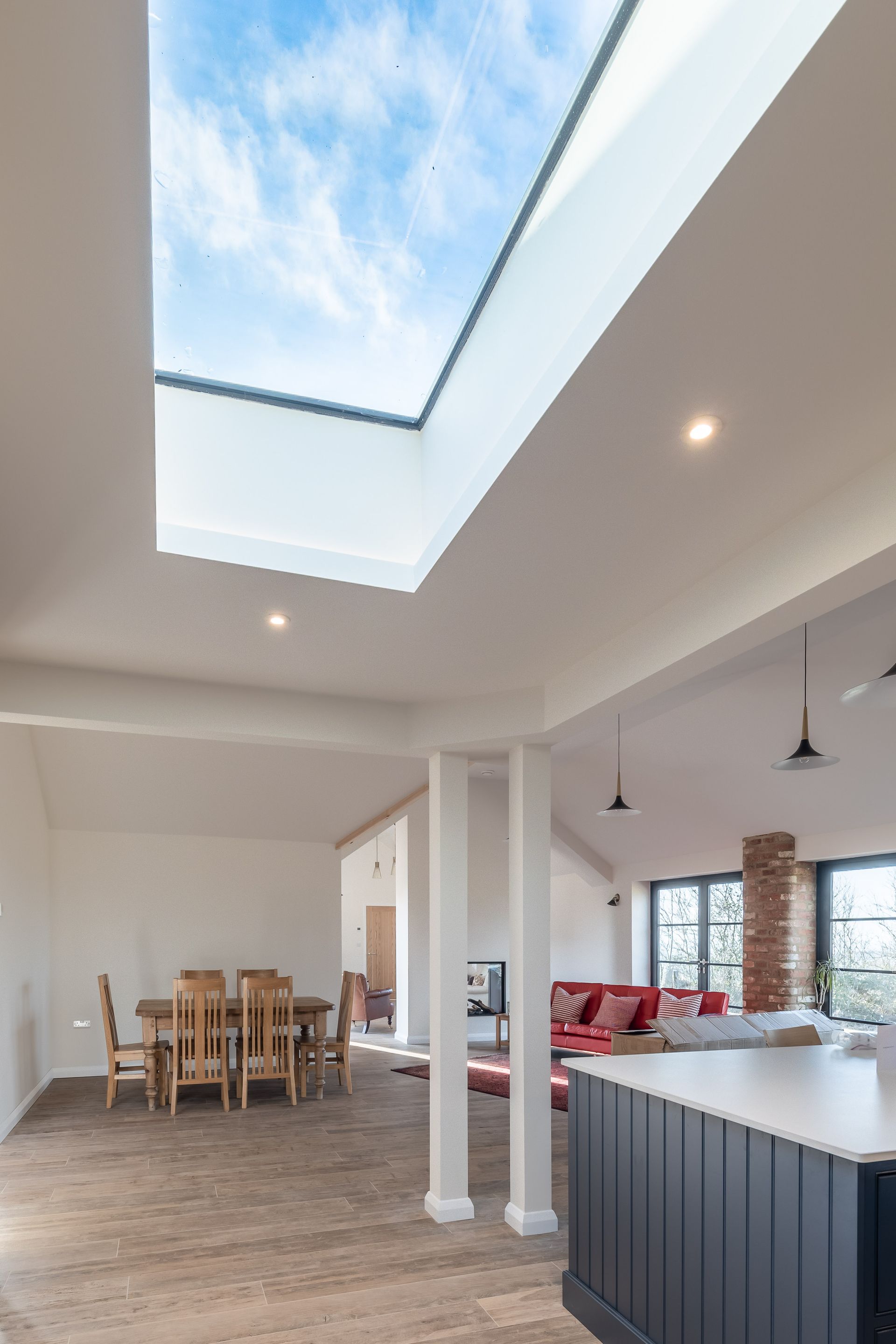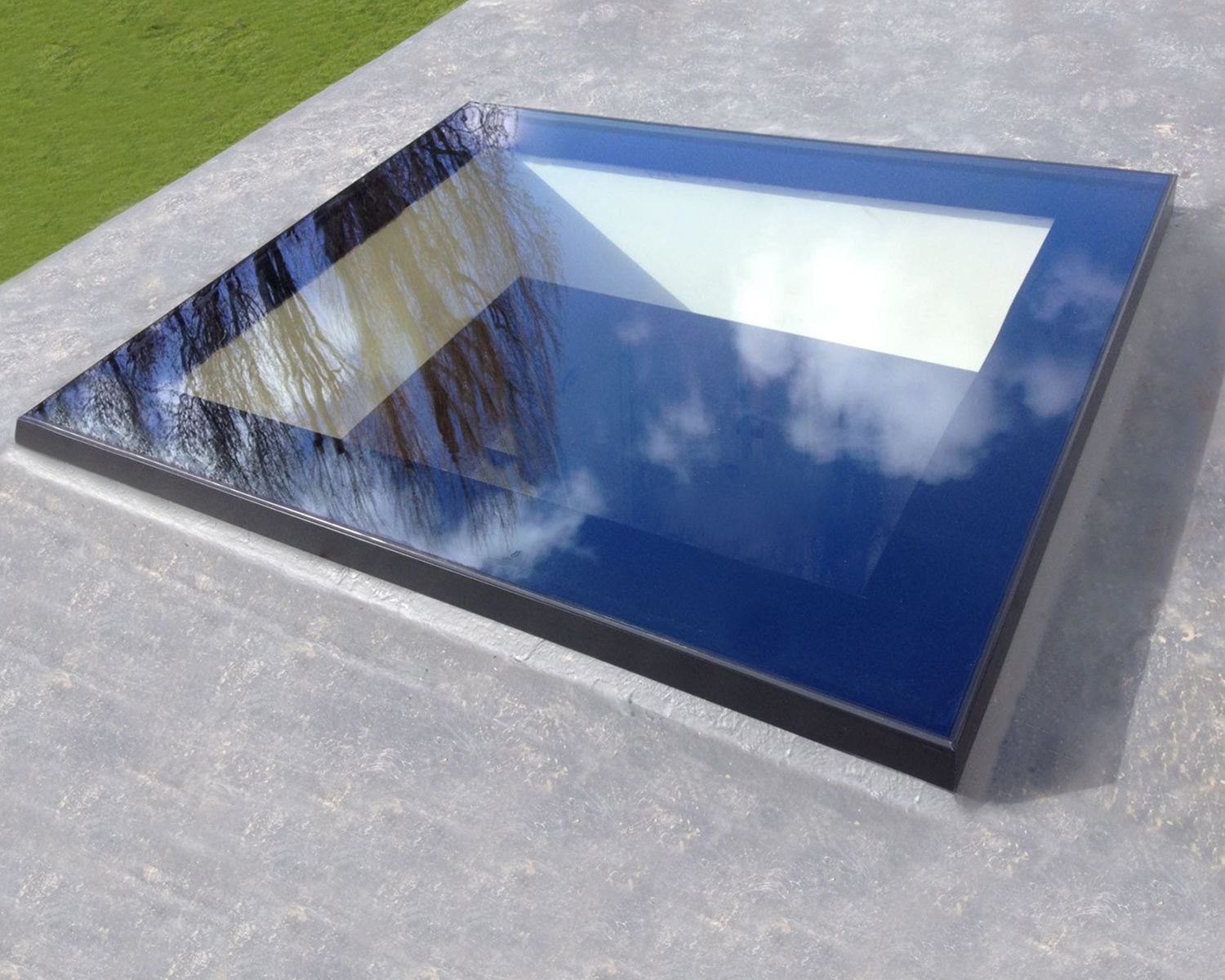The Application & Advantages Of Using Metal For Rainwater Goods
Metal rainwater systems offer a plethora of applications and advantages that have made them a popular choice for residential, commercial, and industrial settings. From their durability to their aesthetic appeal, these systems serve a multitude of purposes while providing numerous benefits.
Applications:
Metal rainwater systems find extensive use in various applications:
1. Residential Usage: Homes often opt for metal rainwater systems due to their durability and sleek appearance. They're installed in the form of gutters, downspouts, and collectors to efficiently channel rainwater away from the roof, preventing water damage.
2. Commercial Buildings: Offices, retail spaces, and other commercial structures benefit from metal rainwater systems for their functionality and aesthetic appeal. These systems effectively manage large volumes of rainwater, maintaining the building's structural integrity.
3. Industrial Facilities: Industries require robust rainwater systems to manage water runoff from vast rooftops or complexes. Metal systems are preferred due to their strength and ability to handle heavy water flow.
4. Agricultural Use: Farms and agricultural facilities utilize metal rainwater systems to collect and store rainwater for irrigation purposes. These systems efficiently capture and channel rainwater to fulfill irrigation needs.
Advantages:
The use of metal for rainwater systems offers several distinct advantages:
1. Durability: Metal rainwater systems, often made from materials like galvanized steel, aluminum, or copper, boast exceptional durability. They withstand harsh weather conditions, such as heavy rain, snow, and UV exposure, without corroding or degrading easily.
2. Longevity: These systems have a longer lifespan compared to alternatives like PVC or plastic. Properly installed and maintained, metal rainwater systems can last for several decades, reducing the need for frequent replacements.
3. Strength and Sturdiness: Metals provide structural strength, making them capable of withstanding the weight of accumulated water and debris. This sturdiness ensures the system remains intact and functional over time.
4. Aesthetic Appeal: Metal rainwater systems offer a sophisticated and timeless appearance that complements various architectural styles. Copper gutters, for instance, develop a unique patina over time, enhancing the visual appeal of a building.
5. Environmentally Friendly: Metal rainwater systems are recyclable, making them an eco-friendly choice. At the end of their lifespan, these materials can be recycled rather than ending up in landfills, contributing to sustainability efforts.
6. Low Maintenance: Unlike other materials prone to cracking or warping, metal rainwater systems require minimal maintenance. Periodic inspections and cleaning to remove debris are typically all that's needed to keep them functioning optimally.
7. Fire Resistance: Certain metals used in rainwater systems, like aluminum and copper, offer fire-resistant properties. This feature adds an extra layer of safety to a structure, especially in areas prone to wildfires.
8. Customization Options: Metals can be fabricated into various shapes and sizes, allowing for customized designs that fit specific architectural requirements. This versatility enables architects and builders to create unique rainwater systems tailored to the building's aesthetics.
9. Efficient Water Collection: Metal systems efficiently collect and channel rainwater, ensuring minimal wastage. This water can be harvested and stored for non-potable uses, such as irrigation, reducing reliance on municipal water sources.
In conclusion, the applications and advantages of using metal for rainwater systems are extensive and varied. From their durability and longevity to their aesthetic appeal and environmental friendliness, metal rainwater systems offer a reliable and efficient solution for managing rainwater in diverse settings, catering to both functional and aesthetic needs.






